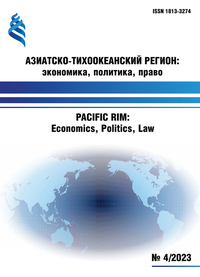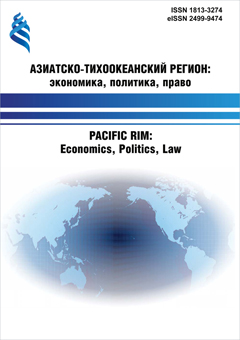НАКАЗАНИЕ БЕЗ НАЗНАЧЕНИЯ И СКРЫТЫЕ ФОРМЫ НАКАЗАНИЯ В УГОЛОВНОМ ПРАВЕ РОССИИ
DOI:
https://doi.org/10.24866/1813-3274/2023-4/98-113Ключевые слова:
наказание, назначение наказания, приговор, замена наказания, освобождение от уголовной ответственности, освобождение от наказания, лишение или ограничение прав и свобод, штраф, судебный штраф, ограничение свободы, условное осуждение, условно-досрочное освобождение от отбывания наказания, принудительные меры воспитательного воздействияАннотация
Уголовное право создает впечатление, что наказание – это мера назначаемая, да к тому же изложенная исчерпывающим образом. Более глубокий анализ приводит к выводу, что наказание может быть и без назначения, а также имеются скрытые формы наказания. Без назначения наказания происходит замена неотбытого наказания более строгим или мягким видом наказания. По уровню лишения или ограничения прав и свобод лица наказаниями, по существу, являются судебный штраф, денежные взыскания, обязанности, возлагаемые на условно осужденного и условно-досрочно освобожденного, ограничение досуга и установление особых требований к поведению несовершеннолетнего, помещение его в специальное учебно-воспитательное учреждение закрытого типа. Первые два соответствуют наказанию в виде штрафа, последний – лишению свободы, остальные – ограничению свободы. Все это нелогично и требует устранения или преобразования.



